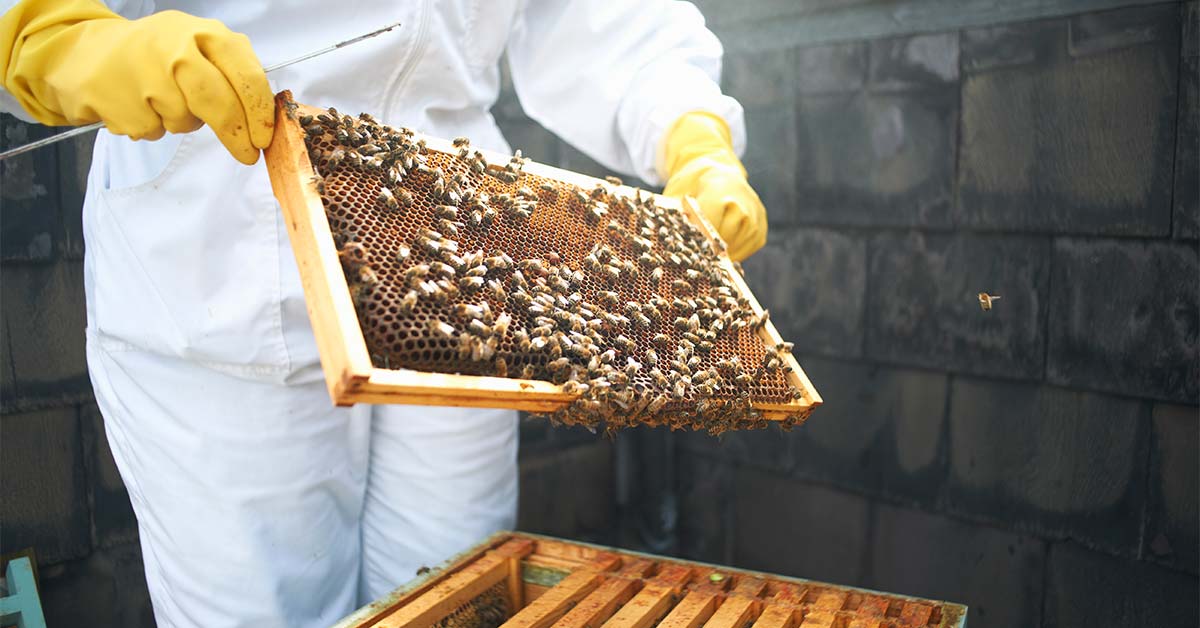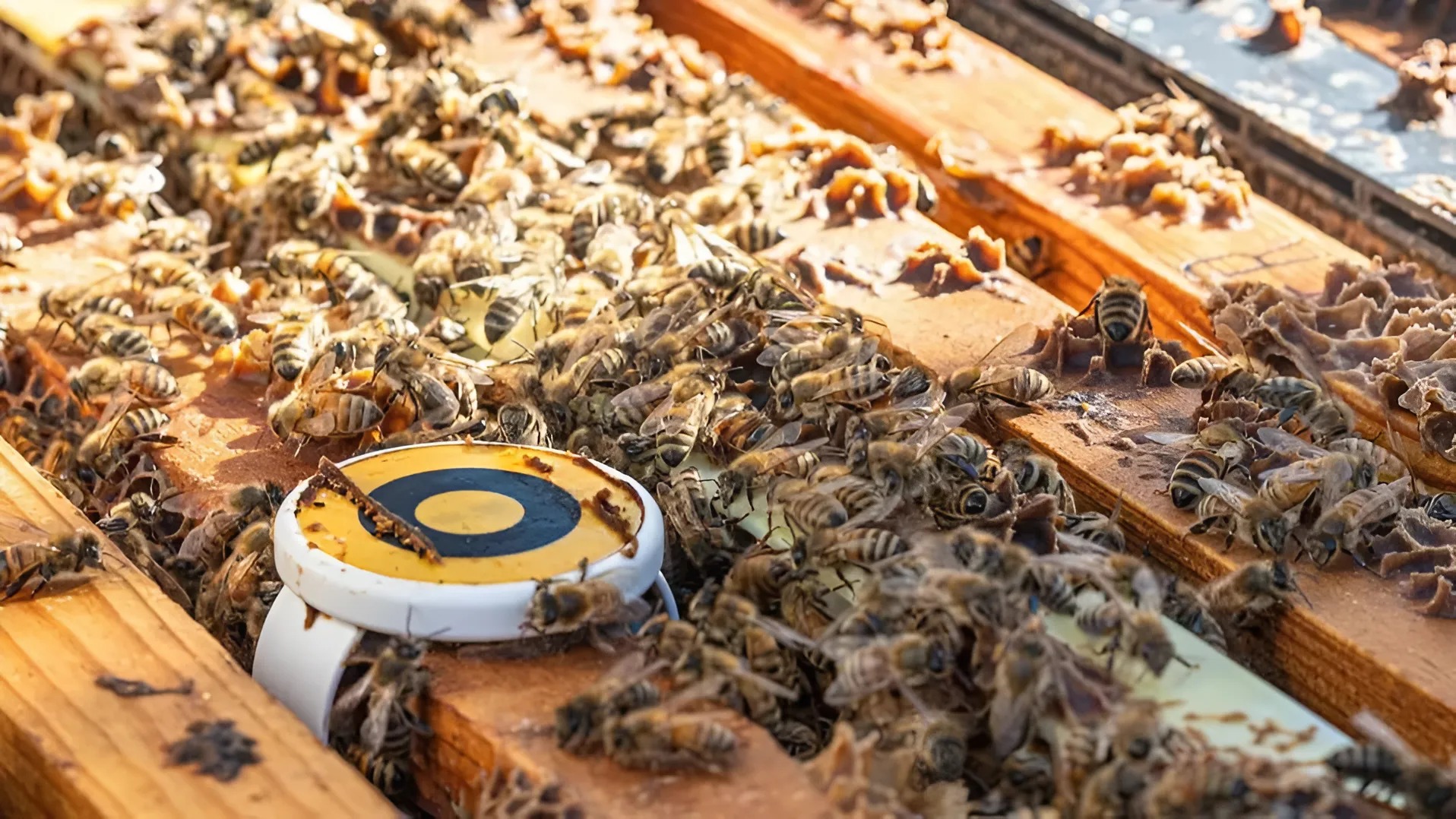Urban beekeeping is revolutionizing cities in the US, UK, and globally, saving pollinators like bees while enhancing urban ecosystems. From Seattle rooftops to Manchester balconies, this eco-friendly practice empowers residents to support biodiversity. This article explores urban beekeeping trends, beginner tips, sustainable practices, and future innovations. Join the movement to protect pollinators in 2025.
Seattle: A Hub for Urban Beekeeping
Seattle’s < Ascstrong>urban beekeeping scene thrives with rooftop hives at places like the Fairmont Hotel. These hives support pollinators and produce organic honey, delighting US eco-enthusiasts. Community workshops teach hive maintenance, boosting local biodiversity. Seattle’s green rooftops set a sustainable example.

Manchester: Balcony Bee Sanctuaries
Manchester’s urban beekeeping movement grows, with balcony hives in areas like Deansgate aiding pollinators. UK residents use compact hives to support bees and urban gardens. Local cooperatives offer beekeeping classes, engaging eco-conscious communities. Manchester’s hives foster sustainable urban living.
Why Pollinators Matter
Urban beekeeping protects pollinators vital for 75% of global food crops. Bees in cities like Seattle and Manchester pollinate urban plants, enhancing greenery. Local honey strengthens sustainable food systems. Beekeeping educates residents on ecosystem health.
Starting Your Urban Hive
Beginner-friendly urban beekeeping starts with small hives like the Beehaus, perfect for US and UK apartments. Plant native flowers and avoid pesticides to support bee health. Local beekeeping clubs offer starter kits and training. Start your hive to contribute to urban sustainability.

Case Study: Seattle’s Urban Bee Co.
Seattle’s Urban Bee Co. leads urban beekeeping with rooftop hives supporting thousands of bees. Their workshops attract US eco-tourists, teaching pollination’s role in food security. Organic honey sales fund local conservation projects. This initiative inspires sustainable urban practices.
Case Study: Manchester’s Bee Network
Manchester’s Bee Network promotes urban beekeeping with community hives producing premium honey. Educational tours draw UK and global visitors, highlighting pollinator conservation. Sustainable materials like recycled wood enhance hive eco-friendliness. Read more at BBC’s beekeeping trends.
Sustainable Beekeeping Practices
Urban beekeeping embraces sustainability with organic honey and pesticide-free hives. US and UK beekeepers use biodegradable frames, reducing environmental impact. Community gardens recycle hive materials, minimizing waste. These practices align with global eco-conscious trends.
Technology in Urban Beekeeping
Technology enhances urban beekeeping with AI-monitored hives tracking bee health in real-time. Apps like HiveMonitor, popular in Seattle, guide US and UK beekeepers. Smart sensors optimize hive conditions for better yields. These tools make beekeeping accessible and efficient.

Community Impact of Beekeeping
Urban beekeeping unites communities through workshops and honey markets in cities like Manchester. Local sales fund urban green spaces, benefiting ecosystems. Beekeeping clubs connect US and UK nature enthusiasts. This practice strengthens community bonds and environmental care.
Challenges in Urban Beekeeping
Urban beekeeping faces hurdles like limited space and city regulations. US and UK beekeepers need permits, complicating setups in urban areas. Pesticide risks threaten bee health, requiring organic solutions. Education ensures sustainable growth for urban hives.
Global Appeal of Urban Beekeeping
Urban beekeeping captivates global audiences, with cities like Sydney and Tokyo adopting hives. Social media showcases urban honey, engaging US and UK eco-fans. Its sustainability focus drives interest in green living. Beekeeping’s benefits inspire worldwide urban conservation.
Future of Urban Beekeeping
The future of urban beekeeping includes AI-driven hive management, set to expand by 2030. Virtual classes will teach global beekeepers, enhancing accessibility. Sustainable practices will dominate, as seen in 2025 trends.
Planning Your Beekeeping Journey
Starting urban beekeeping is easy with resources like local US and UK beekeeping associations. Our guide on Eco-Friendly Gardening Tips offers tips for pollinator-friendly plants. Choose ethical suppliers for sustainable hives. Begin your eco-journey in 2025.
Conclusion: Saving Urban Pollinators
Urban beekeeping transforms cities, saving pollinators and boosting biodiversity in 2025. From Seattle to Manchester, hives empower sustainable urban living. With tech-driven innovations on the horizon, urban beekeeping will thrive globally.
👉 Look at the natural beauty and amazing animals at Digipay.site.


